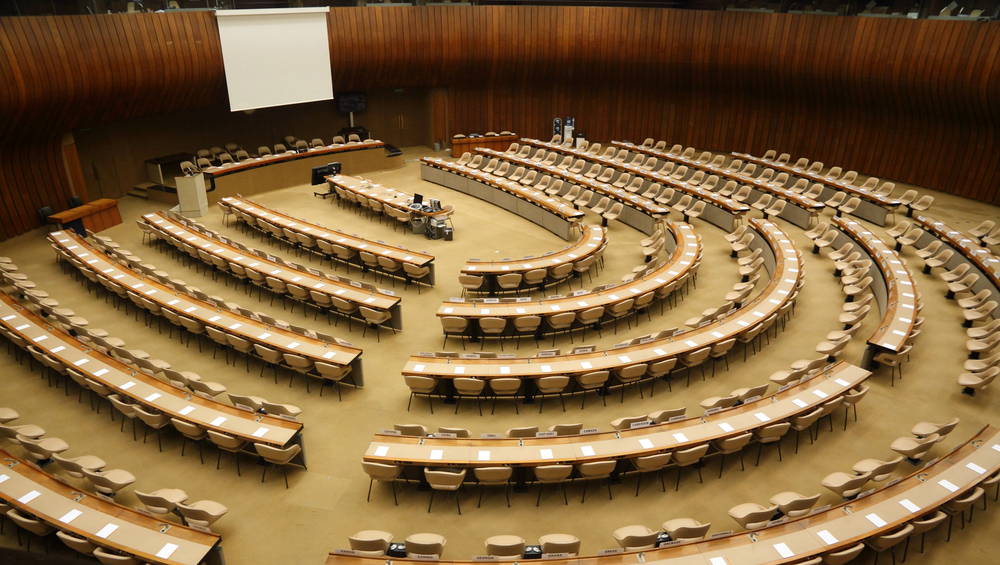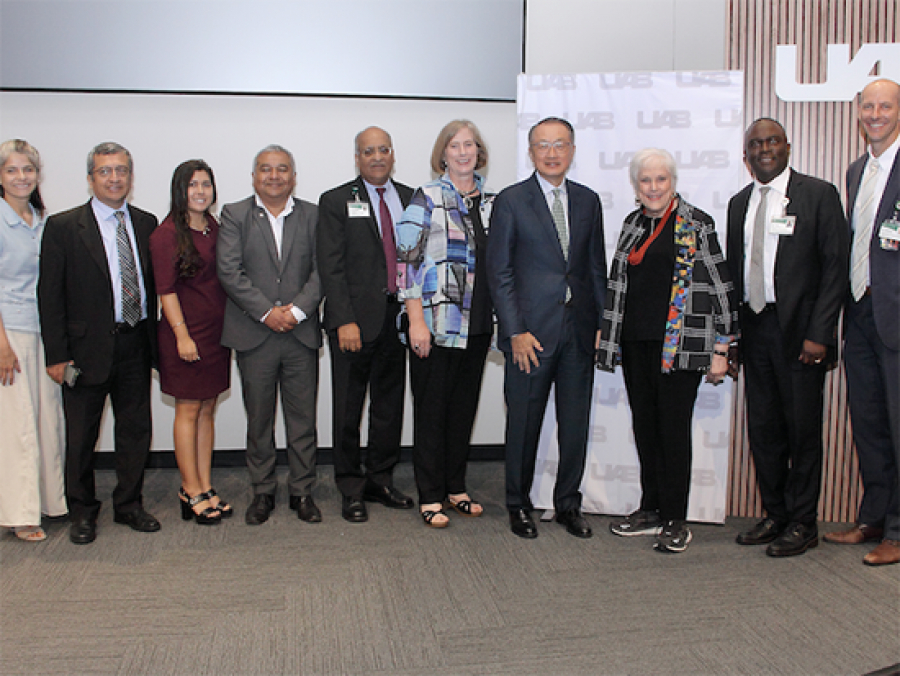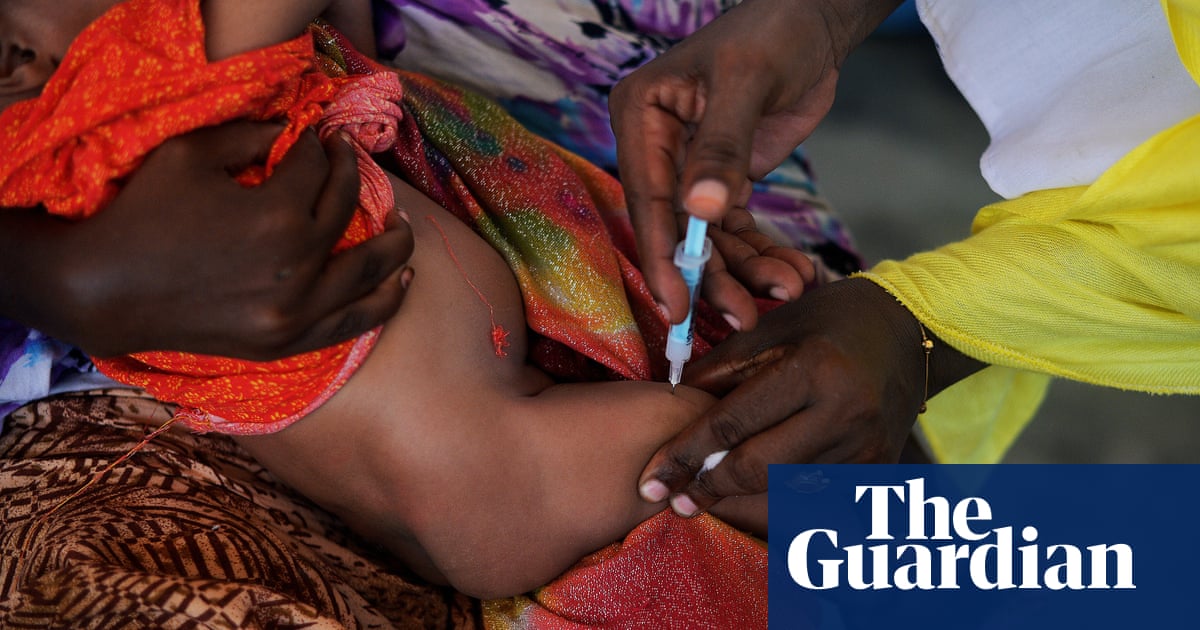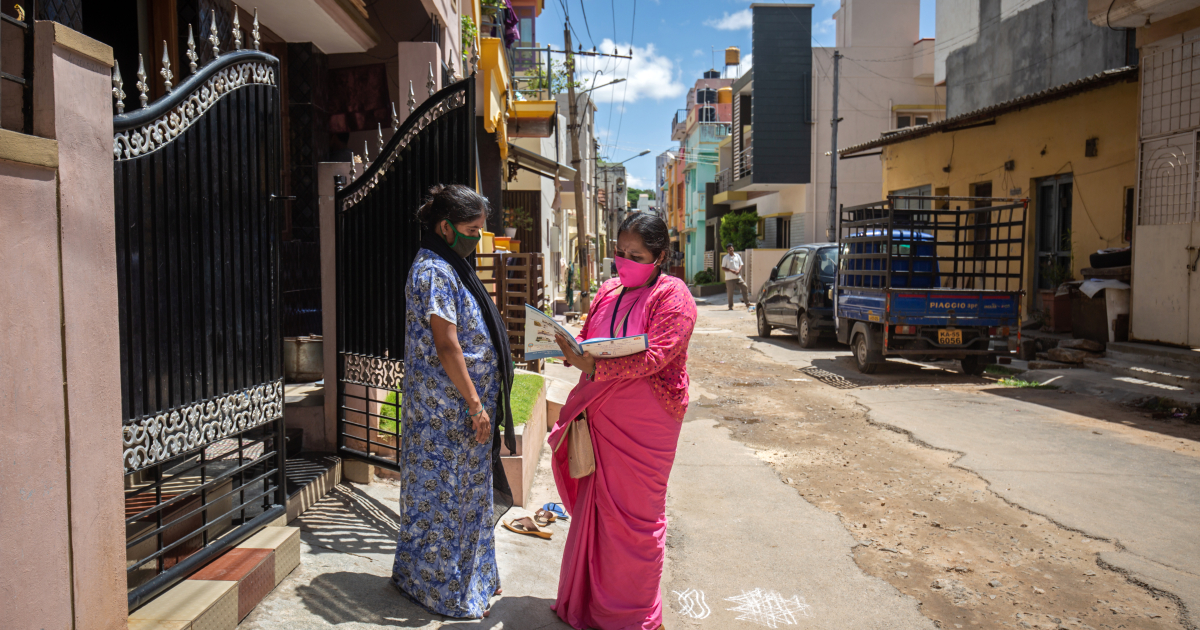
In recent years, global mental health initiatives have sparked intense debates over how to balance human rights, cultural traditions, and resource limitations in care systems. A commentary by Jakub Bil, published in The Lancet Psychiatry, takes this conversation further, advocating for a rights-based approach to mental health diplomacy as an essential step toward more equitable global health policy.
Bil argues that mental health must be recognized as a “global public good” integral to sustainable development and resilience in an interconnected world. However, achieving this requires rethinking mental health diplomacy to prioritize cultural inclusivity, local empowerment, and the prevention of stigma. Bil’s approach builds on principles outlined in the United Nations Convention on the Rights of Persons with Disabilities (CRPD) and aligns with the WHO’s QualityRights program, which emphasizes community-centered care in resource-limited regions.
“Economic interests, political instability, resource inequality, and determinant-focused models often undermine rights-based approaches,” Bil writes. “Mental health diplomacy is key to addressing these challenges by uniting governments, international organisations, the private sector, and civil society.”

link

![keys, strategies and ongoing actions [News] keys, strategies and ongoing actions [News]](https://www.lamoncloa.gob.es/lang/en/gobierno/news/PublishingImages/Resources/mental-health.png)






